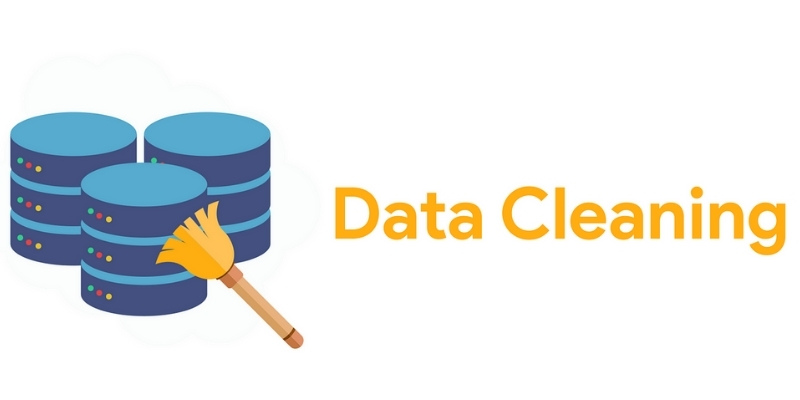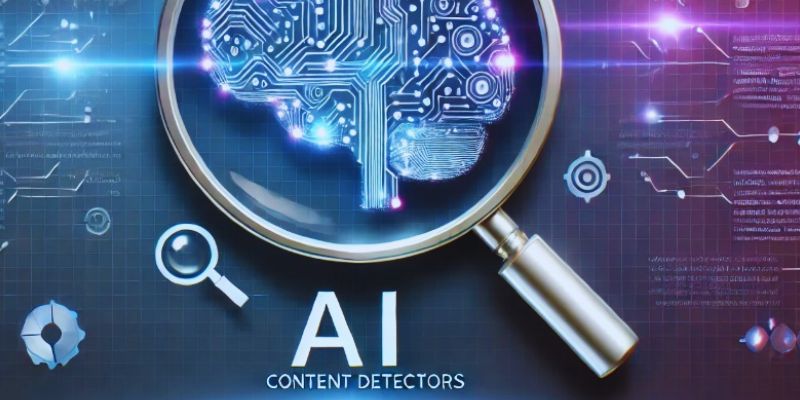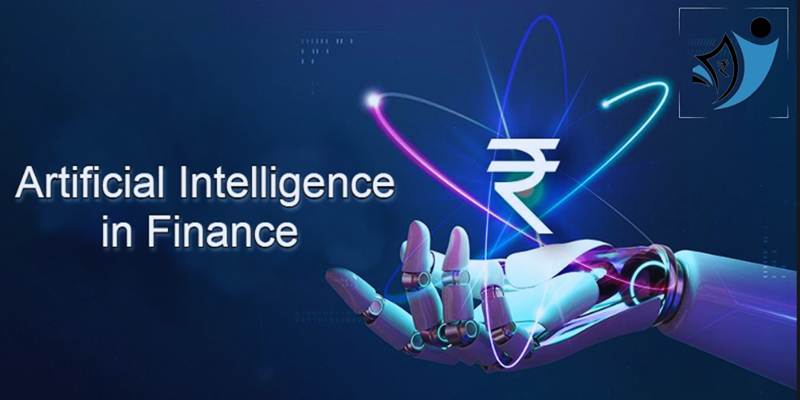Have you ever wondered how social media knows exactly what you want to see? That's not a coincidence. It is AI in digital advertising at work. Artificial intelligence is changing the way advertising is done. For now, AI helps brands automate complex tasks, like managing ad budgets, understanding customer behavior, and many other tasks.
Advertisers can also use AI to make good decisions that benefit their business instead of guessing what works. Additionally, AI is shaping the future of advertising. It can personalize, predict trends, and do wonders in marketing. However, it also comes with challenges. If you want to understand how AI transforms digital advertising in detail, keep reading!

How Is AI Transforming Digital Advertising?
Artificial Intelligence is revolutionizing digital advertising. It makes campaigns more efficient, data-driven, and less expensive. It helps businesses reach the right audience with the right message at the right time. Here is how AI is transforming digital advertising.
- Automating Ad Campaigns: AI takes many time-consuming tasks in ad management, like adjusting bids, managing budgets, and many more. Businesses can rely on AI to handle processes automatically instead of manually setting up and monitoring ads. It allows marketers to focus on creating better strategies without worrying about other things.
- Analyzing Data in Real Time: One of AI's biggest strengths is its ability to process data quickly. It analyzes user behavior, engagement rates, and real-time ad performance and helps make quick adjustments to ensure the best results.
- Cutting Costs and Boosting ROI: AI optimizes ad spending by targeting the most relevant users. It targets the customers who are most likely to convert into customers. This reduces wasted budget on uninterested audiences and increases the overall return on investment. Businesses can make smarter marketing decisions using AI without wasting money.
In short, businesses can use AI tools for advertising to improve performance, save time, and maximize profits.
What Are the Benefits of AI in Advertising?
Artificial Intelligence (AI) is transforming digital advertising. Here are some key benefits of using AI in advertising.
- Automated Campaign Management: AI can automate ad placements, bidding, and budget allocation. It will reduce manual work and improve efficiency. Using AI, marketers can focus on strategy rather than repetitive tasks.
- Better Audience Targeting: AI analyzes user behavior and interests to target ads to the relevant audience. It will ensure that the brand's ads reach the people who can turn into customers and engage with the brand.
- Real-Time Data Analysis: AI processes huge amounts of data instantly. It helps advertisers make quick adjustments to their campaigns. Through data analysis, brands can improve ad performance in real-time.
- Cost Efficiency & Higher ROI: AI will help reduce ad spending and wasting budget on advertisements. If brands start using AI, advertisers will get better results without overspending.
- Personalized Advertising: AI analyzes customer preferences and behaviors to create customized ads. These ads increase engagement and conversion rates, which is best for brands and companies.
- Predictive Analytics: AI predicts trends and consumer behavior. It allows advertisers to make good decisions and stay ahead of the competition.
- Fraud Prevention: AI detects and prevents ad fraud by identifying suspicious activity. It ensures businesses don't waste money on fake clicks or impressions. Businesses can run smarter, more effective ad campaigns using AI that will give better results.

AI Advertising Tools
You can use AI in advertising without building your system. Here are some tools that can help optimize your campaigns for your brands:
- Adzooma simplifies PPC management by bringing Google, Meta, and Bing Ads into one platform. This AI tool provides insights on how to optimize and makes auditing easier.
- Semrush PLA Research: This tool will help analyze competitors' Google Shopping strategies. It will reveal their keywords, pricing, and ad positioning.
- Persado: It helps in ad personalization by using AI to craft messages based on past interactions. The tool can reduce the need for extensive A/B testing.
- Emotiva: It measures user attention and emotional responses through engagement tracking and facial movement analysis. Using this AI, brands can optimize ad performance.
- SensorTower Pathmatics: The tool provides in-depth advertising data. It helps the brands track competitors and identify new marketing opportunities.
- Omneky: It will automate A/B testing by generating multiple ad variations. Businesses can quickly test different designs, fonts, and colors using Omneky.
Examples of AI in Advertising
Here are the examples of AI in advertising:
- AI Optimization Feature Of Meta And Google Ads: Google Ads and Meta Ads use AI, Smart Bidding. It analyzes data to optimize bids for maximum ROI. Additionally, it uses broad match, which finds related keywords. Responsive Search Ads are another top tool Google uses for advertising. It tests multiple variations for better results. Meta offers tools like AI Sandbox for generating ad copy, backgrounds, and Advantage+. Advantage+ automates audience targeting, ad placement, and budgeting.
- Content & Product Recommendations: Content & Product Recommendations help improve user experience and sales. PickyPilot integrates with eCommerce platforms to recommend products based on user behavior. Calm uses Amazon Personalize to suggest relevant meditation content. Additionally, Netflix tailors recommendations, thumbnails, and trailers based on user preferences.
- AI-Powered Content: AI-Powered Content enhances engagement. Farfetch improved email open rates by 7% using AI-generated subject lines that stayed on-brand. Talabat is a Middle Eastern delivery app that uses Meta's Advantage+ to refine ad creatives, reduce costs, and improve conversions.
The Future of AI in Advertising
AI will shape a more personalized, privacy-friendly, and innovative future for digital advertising. Here's how AI will continue to change the advertising field.
- AI in a World Without Third-Party Cookies: Advertisers need new ways to target audiences because many privacy concerns are leading to the removal of third-party cookies. AI will play an important role in these concerts by using first-party data. First-party data is collected directly from users, and AI will use this type of data. Businesses can still reach the right people without tracking them across different websites.
- AI-Generated Influencers and Virtual Brand Ambassadors: AI-generated influencers and virtual characters are designed to interact with the audience. This will change the way brands approach influencer marketing. Unlike human influencers, these digital personalities can be fully controlled. They also offer scalability because they can engage with audiences across different platforms without limitations.
Challenges of Using AI in Advertising
AI is transforming marketing by making campaigns smarter. However, using AI also comes with challenges. Here are the challenges of using AI for advertising.
- Balancing Innovation with Responsibility: AI is becoming more advanced, but businesses must use it responsibly. Users' privacy concerns are the main issue because companies collect and analyze huge amounts of data.
- Consumer Skepticism and Content Overload: There is too much online content, so standing out is hard. People are bombarded with ads daily and are often tired of marketing messages. AI can help personalize ads, but it will feel intrusive if overused. Marketers should balance between targeting the right audience and respecting their privacy.
- Navigating Complex Regulations: Data protection laws vary in every country and constantly change. Businesses must stay updated on these regulations to avoid legal issues. Ignoring these rules can damage brands' reputations.
- Building Trust Through Ethical AI Use: To overcome these challenges, brands should focus on genuine engagement, transparent communication, and ethical data use. These things will help businesses gain consumer trust. AI should be used to enhance customer experiences, not just to increase sales.
Conclusion:
AI is changing digital advertising. It helps businesses save time, reduce costs, and improve audience targeting. AI can automate campaigns and personalize ads. AI enables brands to make smarter marketing decisions with real-time analysis. However, businesses must use AI responsibly. AI offers many advantages; balancing automation with human creativity and transparency is important to long-term success.










